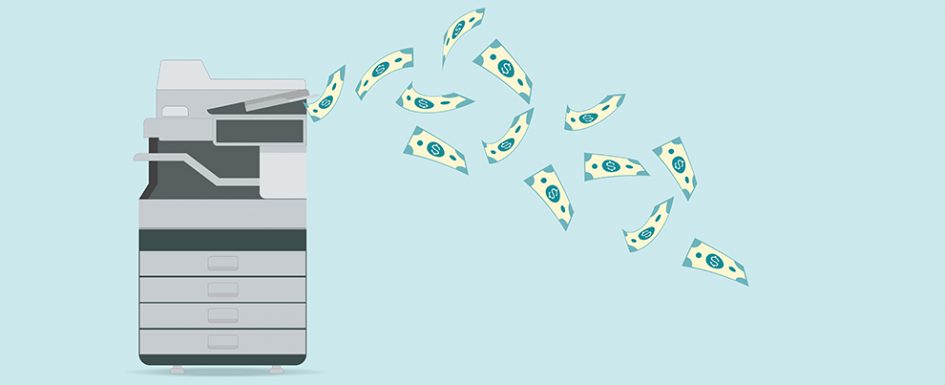Before we begin. If you are an eternal optimist who never lets facts and history get in the way of your positive attitude perhaps return to Chrystal Karma Weekly and give this little story a miss.
And now, let’s begin.
We find ourselves in a unique situation. Never before in modern times have we seen a pandemic of the magnitude of the current Covid crisis. Of course, by magnitude I refer to the actual damage the virus has caused as compared to the damage the reaction to it has visited upon us. It turns out the interconnected world has its downside.
I make the point about the pandemic being unique in the context of how
governments and central banks have attempted to deal with the economic
downside of locking up whole societies and mandating business and at times whole economic sector closures. Leisure tourism is the obvious example. Keep in mind the economic downside is a possible recession or even a depression. Falling demand and productivity, high unemployment and significant bank loan defaults are not attractive prospects.
Anyway, governments have done many things, but the strategies boil down to a couple of pretty unsophisticated albeit tried and true options. They call it Quantitative Easing but it’s really just printing more money and giving it to people. I acknowledge that this is an oversimplification, but I would argue that it’s accurate. Granted, there have been some nuances around how the money gets into the system but the outcome is the same. Less production and productivity in the economy coupled to massively increased liquidity. Now throw in loan repayment and tax payment deferrals and that massive liquidity gets a turbo boost.
Which leads us neatly to the Quantity Theory of Money. Stay with me people, this won’t hurt a bit. The theory seeks to establish the link between money supply and demand. I refer you to the well know formula MV=PY.
Actually, let’s skip that and cut to the chase.
Put simply, if a government prints more money the amount of goods and services that money can buy doesn’t change. However, consumers will have more money to spend on those goods. At this point we arrive at too much money chasing too few goods and we know where that leads. Come on down Inflation!! Or, in really ugly cases hyperinflation.
Interestingly, in every example I can find of governments printing money to prop up a struggling economy, only the reaction to the GFC stands out as a bullet dodged. The reason appears to be that a large number of consumers didn’t spend the extra dough, deciding instead to pay down debt or sock the money away for a rainy day. I hope the same behaviour will manifest itself this time around, but I have some concerns. For starters the amount of money printing our government has embarked on makes the GFC look like a cash flow problem at the local fish and chip shop. Secondly, the pandemic appears to have caused a significant proportion of our population to re-evaluate love, happiness and the meaning of life. The upshot has been a massive property market boom combined with significant increases in online retail demand. Interestingly real wage growth, the single biggest contributor to inflation in “normal” times, remains subdued, albeit
replaced with the various financial interventions designed to keep the
economy afloat.
Anyway, that’s all just so much background on where we are now and where we might go next. The bond traders are betting on higher interest rates and that’s reflected in recent upward pressure in the 10 year bond yield curve. The Reserve Bank have stepped into the market buying bonds in an effort to keep a cap on rates. Only time will tell if the strategy works but it’s certain that there’s a reasonable number of very clever people betting on rising interest rates being driven by upward inflation pressure. Remember, the key tool in managing inflation is higher interest rates. With Jobkeeper and loan repayment holidays coming to an end we are heading toward crunch time. The government is in a “damned if you do, damned if you don’t” situation in respect of further economic stimulus and I wouldn’t bet against more money getting printed.
The bond market has already taken that bet.
Mike Phipps F Fin
Director | Phippsfin Pty Ltd
